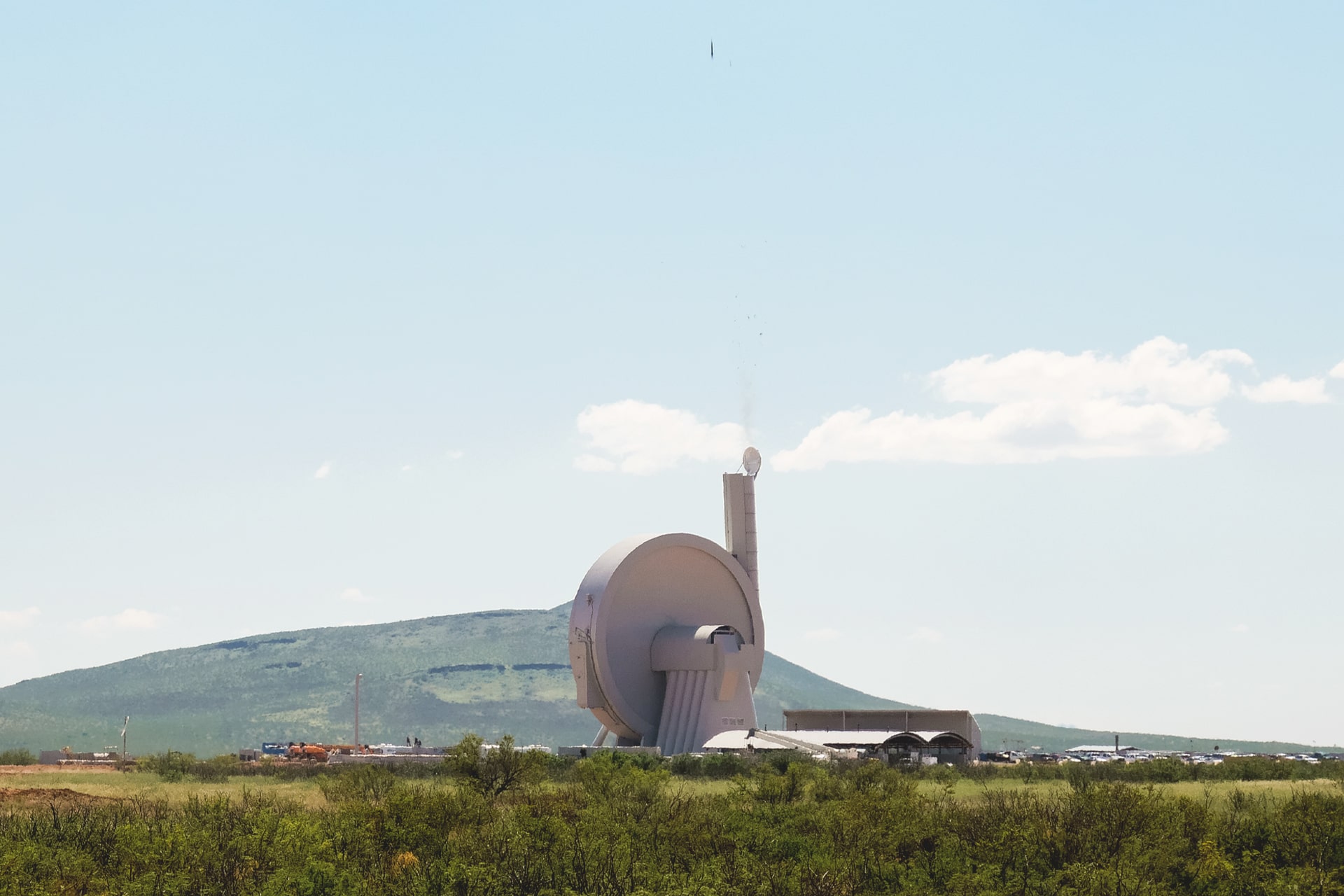It wasn’t long ago when humans first ventured into space. Yet, commercial human spaceflights are rapidly becoming a reality, marking a swiftly developing industry.
In May 2020, Crew Dragon conducted its first manned flight, sending two astronauts to the International Space Station, ushering in a new era of commercial human spaceflight. Following suit, Virgin Galactic, led by Richard Branson, and Blue Origin, helmed by Amazon founder Jeff Bezos, both launched their spacecraft in 2021, marking the onset of global commercial space tourism (suborbital). Both companies subsequently regularized suborbital flights for commercial purposes, with Virgin Galactic having sold over 800 tickets to date.
China’s commercial space industry has also flourished since private entities were allowed to enter the space race in 2015. Having progressed through the 1.0 and 2.0 eras of satellite and rocket commercialization, the country is now entering the 3.0 era with the commercialization of manned space flights. This has become a focal point in China’s ambition to develop into a strong spacefaring nation.
Space tourism, being one of the few direct-to-consumer tracks in the broader industry, has accelerated the exploration of space by harnessing the potential of reusable manned spacecraft.
A similar trend is anticipated in China. Compared to traditional space industries, which primarily adopt B2B and B2G formats, market demand for private manned spacecraft companies is more diversified, offering longer-term market opportunities less constrained by factors such as flight frequency, orbital slots, or operators.
In a government report on the aerospace industry released in 2021, China clearly expressed its five-year plan to nurture and develop new economies, one of which is space tourism. Recent developments align with the stipulations of the report. The construction of China’s space station was completed the following year, and Chinese astronauts have since been routinely deployed in orbit.
Adjacent to these developments is a Chinese commercial manned space technology company named Interstellor, which applies R&D of reusable manned spacecraft to space tourism operations.
Interstellor is developing several core solutions, including high-precision and high-comfort autonomous return control technology for suborbital flights, artificial intelligence-powered trajectory planning algorithms for high-thrust engines, and an innovative escape system. Its solutions prioritize reusability, ease of maintenance and replacement, and life support for crew in orbit.
The company has a ten-year product roadmap. It aims to develop spacecraft for manned suborbital flights by its third or fourth year of development, and to achieve the same feat for manned orbital flights by the sixth or seventh year. The ultimate goal, by the ninth or tenth year, is to develop spacecraft that can not only enter orbit but also perform rendezvous and docking techniques.
In terms of cost, Interstellor’s suborbital space flights will cost tourists around RMB 3 million per ticket. Each flight will carry seven passengers, with the company expecting to recoup its costs after completing six flights.
Interstellor has signed a partnership agreement with a leading Chinese commercial rocket company to jointly develop suborbital manned systems and integrated ship and rocket technology. Both companies will also collaboratively explore new commercial models and aerospace applications.
The core technical team of Interstellor consists of members who were part of China’s manned spaceflight system, including experienced individuals who have supported past Chinese spaceflights ranging from Shenzhou 5 to Shenzhou 16. Interstellor’s CEO is Lei Shiqing, who graduated from Jinan University with a background in journalism and communication. Lei became involved with manned spaceflight technology during his postgraduate studies in human factors engineering at Renmin University of China.
KrASIA Connection features translated and adapted content that was originally published by 36Kr. This article was written by Athena Liu for 36Kr.

